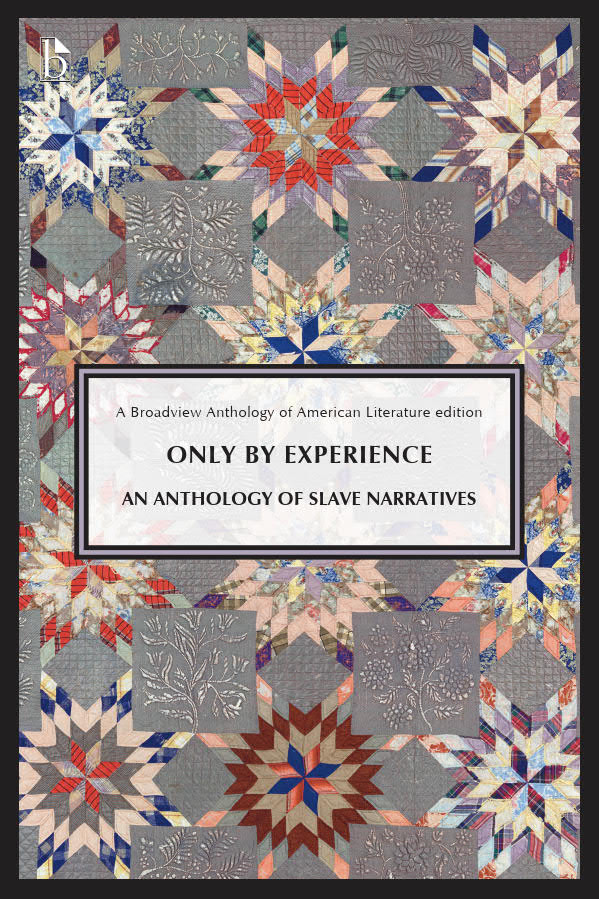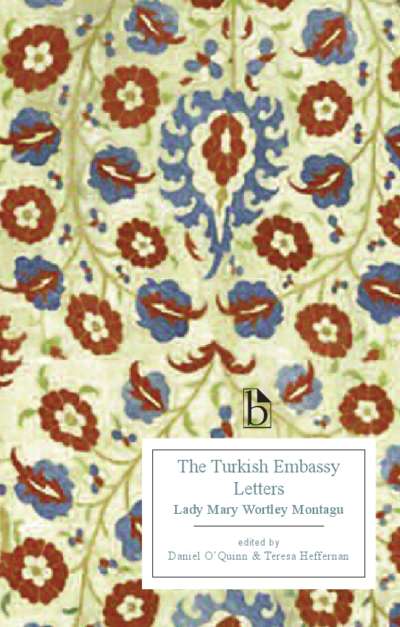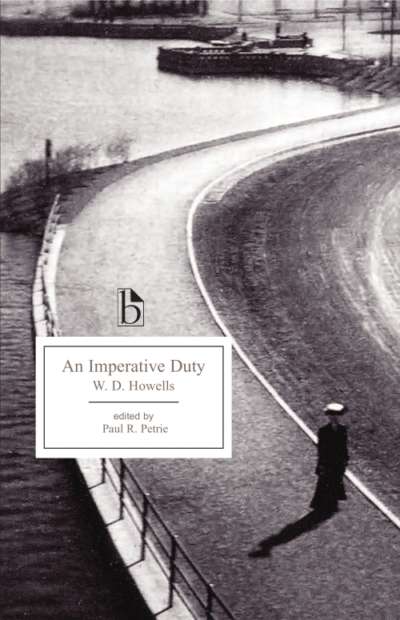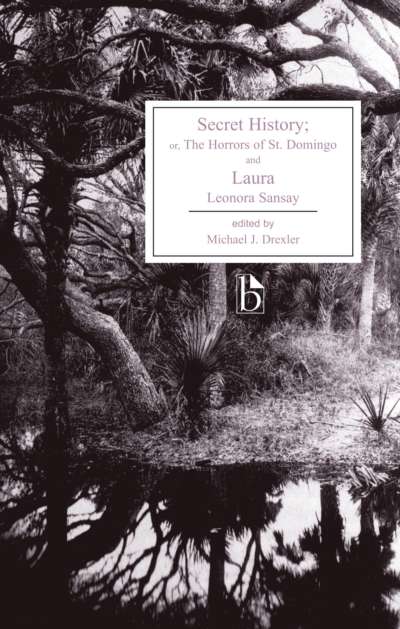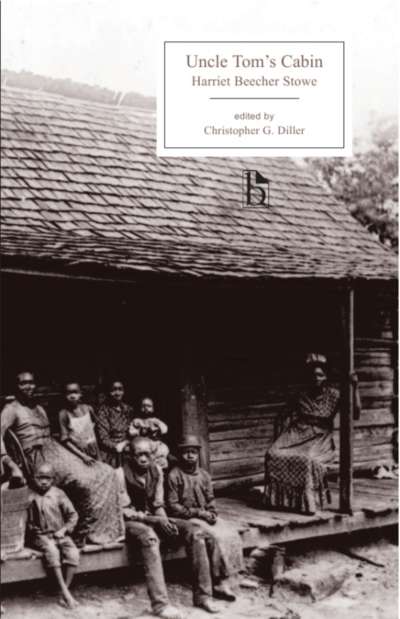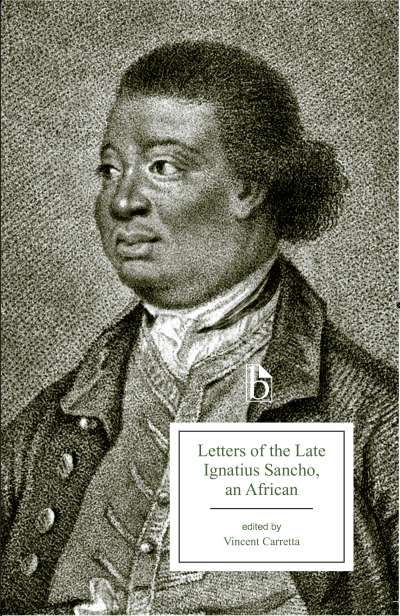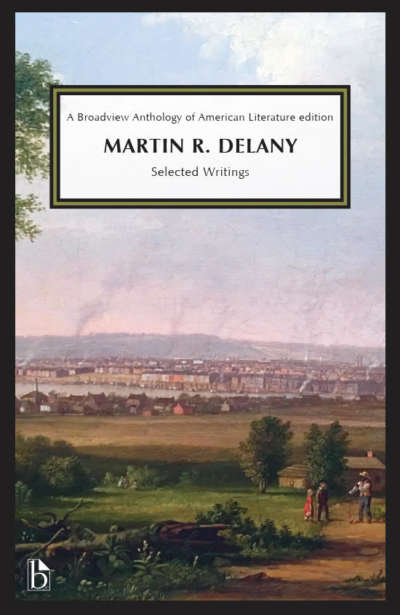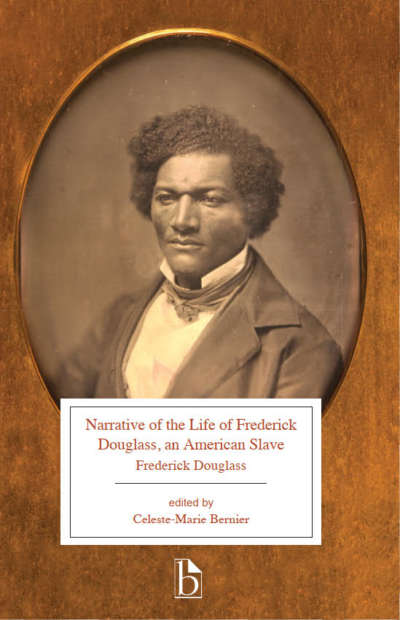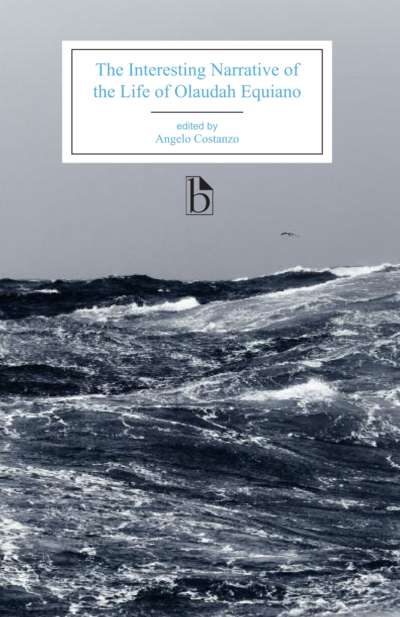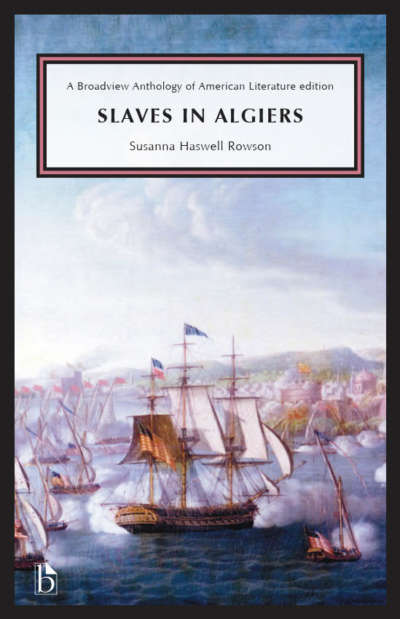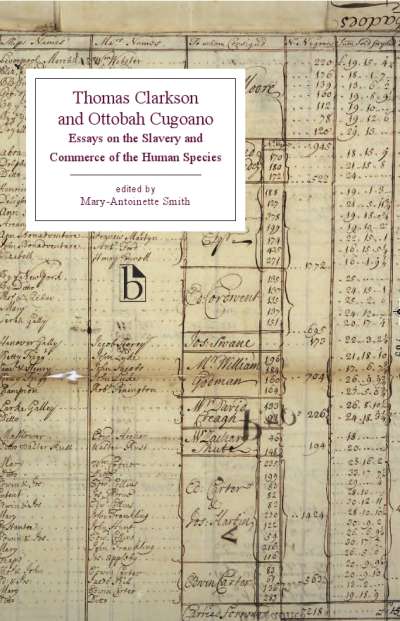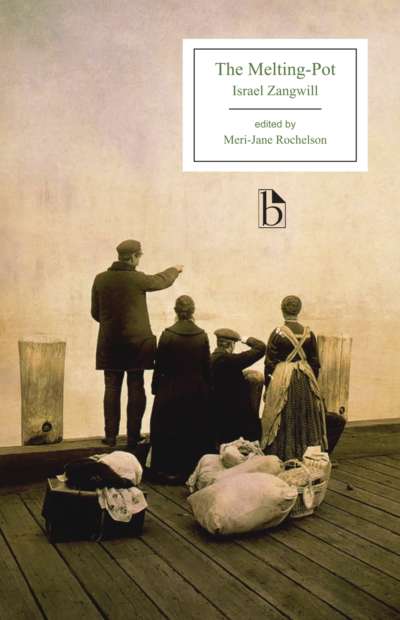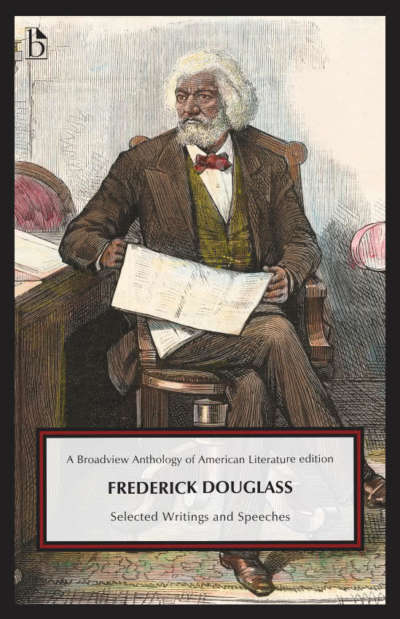Only by Experience: An Anthology of Slave Narratives collects, in whole or in part, sixteen of the most significant and influential slave narratives in English. Based on material from the acclaimed Broadview Anthology of American Literature, the anthology includes works from the British Empire as well as the United States and puts classic examples of the slave narrative genre in conversation with works that raise questions about how the genre is defined. The anthology also features thorough headnotes and annotations for each work, along with detailed contextual materials for many of the works included.
Comments
“With thoughtfully researched headnotes and annotations, and illuminating context provided by newspaper accounts, photographs, letters, a timeline of global events and literary milestones, and other documents, Only By Experience will attract new and curious audiences to the familiar slave narrative genre. The recently recovered and well-known works reprinted here in full pay attention to the uncertainties of freedom, the privileges of citizenship, the dreams of the disenfranchised, and the risks and rewards of speaking truth to power. These themes are as relevant to readers as they were when the genre once produced cinematic and daring best-sellers for the English-speaking world. Only By Experience promises to become the go-to text for classroom instruction on the literature and culture of slavery, fugitivity, and abolition. Read it cover to cover, too, and find herein timeless messages of love, community, peace, and personal power to vindicate those who struggle and redeem those who are lost.” —Barbara McCaskill, University of Georgia
“Only by Experience: An Anthology of Slave Narratives, a collection based on the Broadview Anthology of American Literature, is an important and eminently useful achievement. The volume is deftly edited and promises to engage students in the transatlantic history, abolitionist context, and cultural complexity of the slave narrative genre.” — Audrey Fisch, New Jersey City University
“The strengths of this anthology are many: in particular, it does not subscribe to telling one story; rather, it orients readers to the twists and turns, the knowns and unknowns of each of the slave narratives’ historical and literary significance, complex publication history, and global influence on the ‘peculiar institution’ of slavery. Surely by the anthology’s end—due to its impeccable breadth, accessible prose, and valuable supplementary texts—readers should come away with a deeper understanding of the critical conversations, literary history, and political and social impact of the slave narrative.” — Delia Steverson, University of Florida
“This is a much-needed volume that centers the voices of those who experienced slavery across the spaces of the Black Atlantic in the eighteenth and nineteenth centuries. The timeline of transatlantic history at the front shows the confluences of events, and makes a vital teaching tool. The collection crosses disciplines, periods, and geographies to foreground the connections of Black diasporic narratives, spanning the Americas, Britain, and the Caribbean within transatlantic systems of enslavement. The result is a resounding account of Black networks of print in community with each other to overthrow chattel slavery and its legacies. ” — Kerry Sinanan, University of Texas at San Antonio
“Only by Experience openly invites students to engage with scholarly conversations surrounding the chaotic and violent nature of institutional slavery … Whether learning about each text’s reception history or the complexity of enslaved peoples’ experiences …, readers will gain insight into some of the experiences that shaped the [slave narrative] genre.” — Tabitha Lowery, Coastal Carolina University
“Only By Experience, Broadview Press’s new and comprehensive anthology of writings by enslaved and free Africans and people of African descent testifying to how their lives were caught up in the brutal Transatlantic trade in persons, brings together the foundational texts of what has become known as the slave narrative genre. Complete narratives by Briton Hammon, Venture Smith, Mary Prince, David George, and other less-well-known writers join the more familiar writings of Sojourner Truth, Harriet Jacobs, and Frederick Douglass to give students a more complete history of how many voices testified to the horrors of this commerce. Students who read only one narrative in the course of their lives might be led to believe that one story ‘represents’ the others. But as William Wells Brown succinctly put it, ‘Slavery has never been represented; Slavery never can be represented.’ But these narratives together provide the best available accounting.” — Hollis Robbins, University of Utah
Comments on The Broadview Anthology of American Literature
“The expansion, diversification, and revitalization of the texts and terms of American literary history in recent years is made marvelously accessible in the … new Broadview Anthology of American Literature.” — Hester Blum, Penn State University
“The Broadview Anthology of American Literature is, quite simply, a breakthrough. … Meticulously researched and expertly assembled, this anthology should be the new gold standard for scholars and teachers alike.” — Michael D’Alessandro, Duke University
“So much thought has been put into every aspect of the Broadview Anthology of American Literature, from the selection of texts to their organization to their presentation on the page; it will be a gift to classrooms for years to come.” — Lara Langer Cohen, Swarthmore College
“The multiplicity of early American locations, languages, and genres is here on wondrous display.” — Jordan Alexander Stein, Fordham University
“Above all, this is a volume for the 21st century. … Its capaciousness and ample resource materials make for a text that is always evolving and meeting its readers in new ways.” — Russ Castronovo, University of Wisconsin-Madison
“a rich collection that reflects the diversity of American literatures…. [and] that never forgets its most important audience: students. There is a wealth of material here that will help them imagine and reimagine what American literature could be.” — Michael C. Cohen, UCLA

